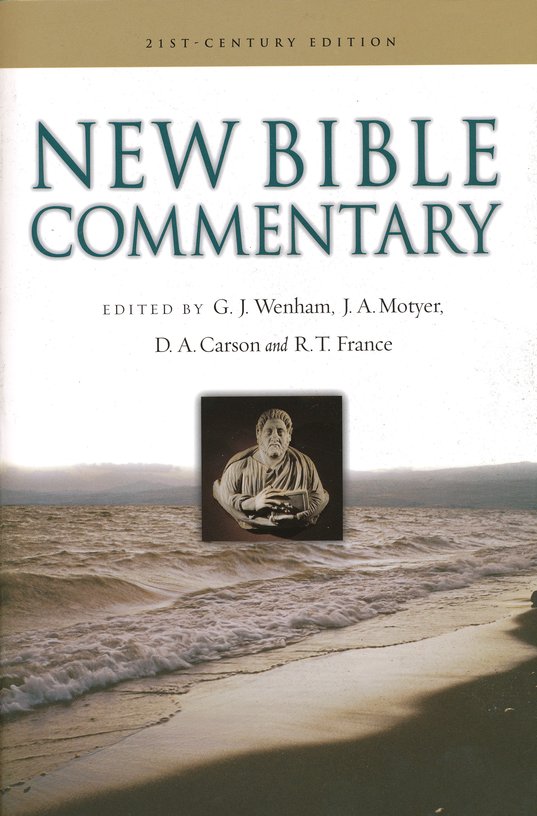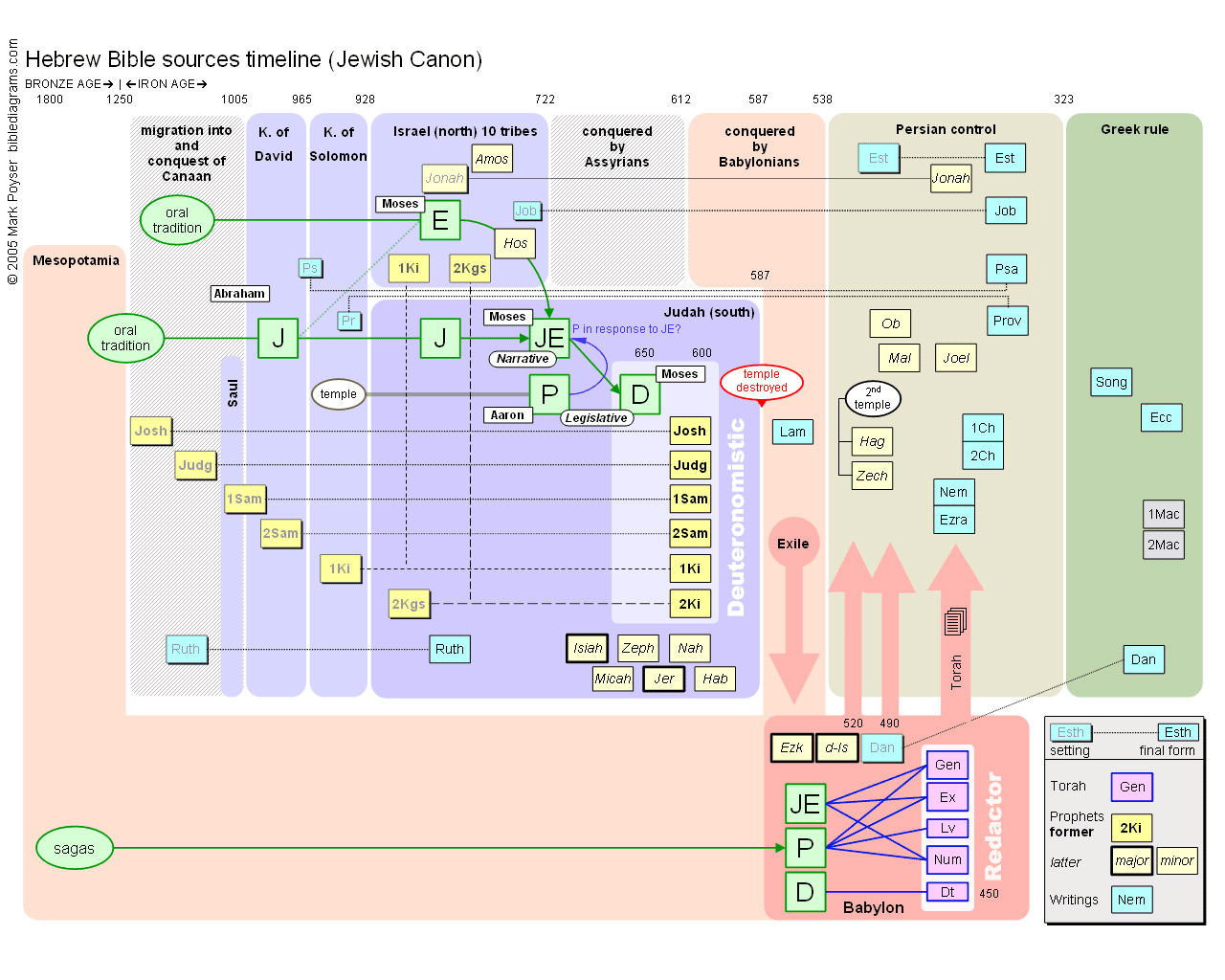Lissie – Everywhere I Go
I was going to wait until next week, but seeing as we’ve just wrapped up Exodus, maybe now is the time to talk about it.
What’s the point of chapters 36-39? Why does Exodus’ author feel the need to repeat nearly every word from 25-28? Wouldn’t it have been enough to simply say “The Israelites had done all the work just as the LORD had commanded Moses” (Exodus 39:42)?
Bear in mind that whatever writing materials they might have used (tablets or papyrus/parchment) would have been costly and so each words counts. Why not a little more detail back in Genesis on Jacob wrestling God? Or some more explanation of Abraham’s near sacrifice/murder of Isaac?
Instead, we have a painstaking account of Israel meticulously constructing the Tabernacle in a way that exactly corresponds to the instructions God had given them. And I suppose that’s the point. Moses (or whoever wrote it) wanted future generations to understand that God’s instruction is not something to be spurned lightly.
We live in a religious culture that goes to great lengths to emphasize it isn’t what you do in relation to God that matters, but how you feel about God. As long as our hearts are right, then all the external stuff called religion really isn’t of consequence. In fact, it may be detrimental. I’m not sure we can read too much into this, but my guess is that the Israelites felt that God needed to be heeded… even in the details.










